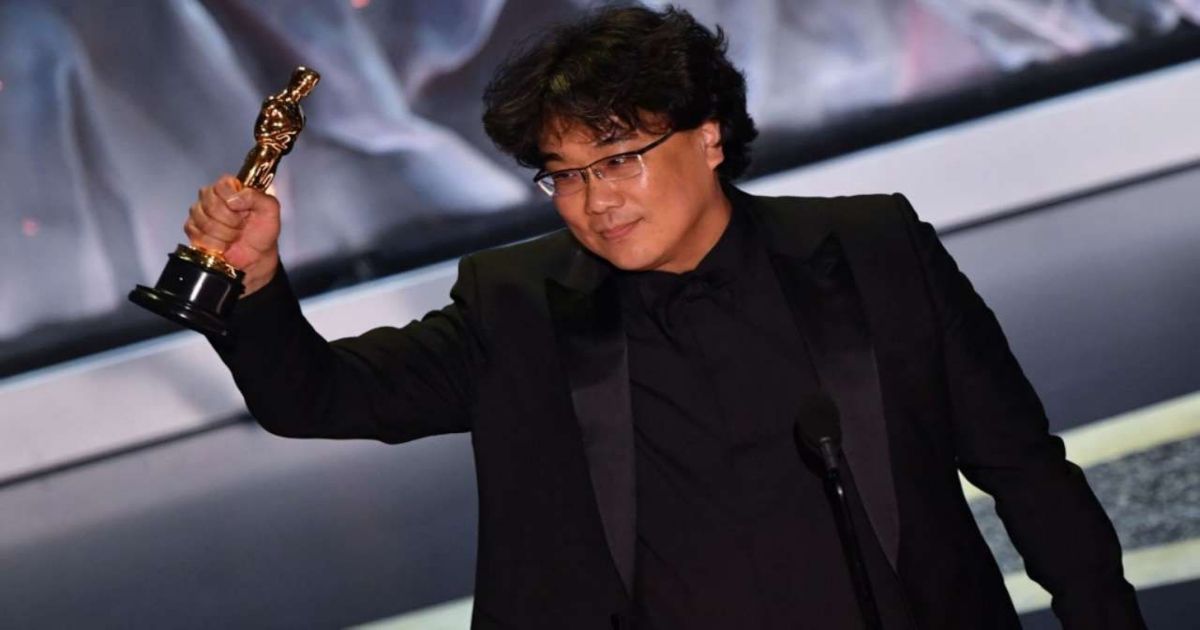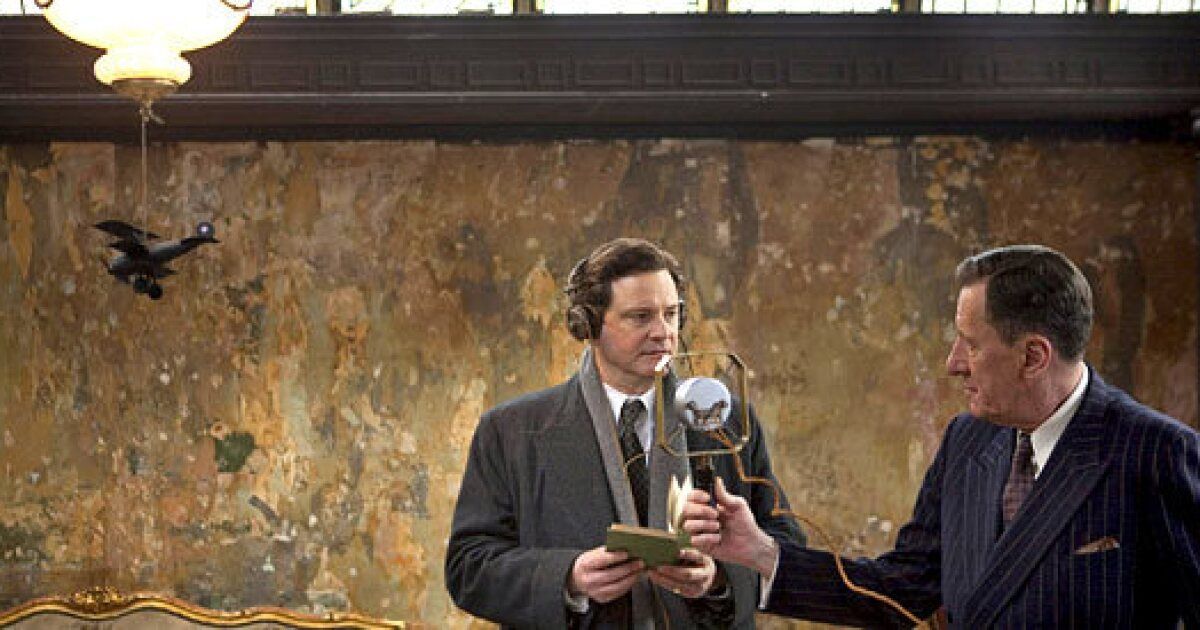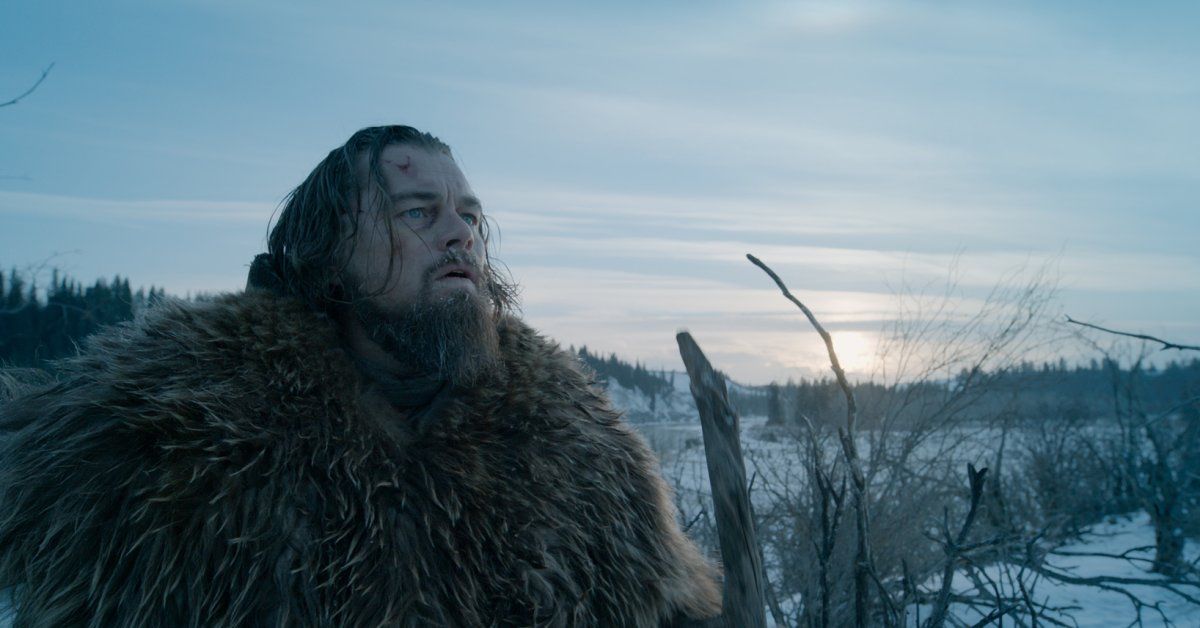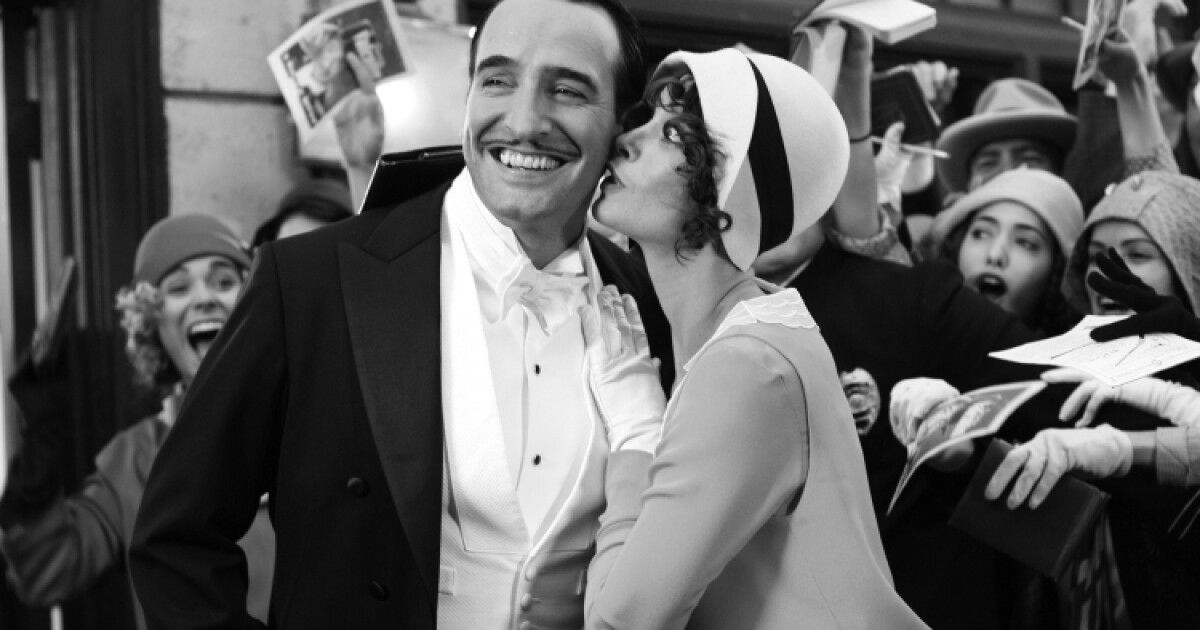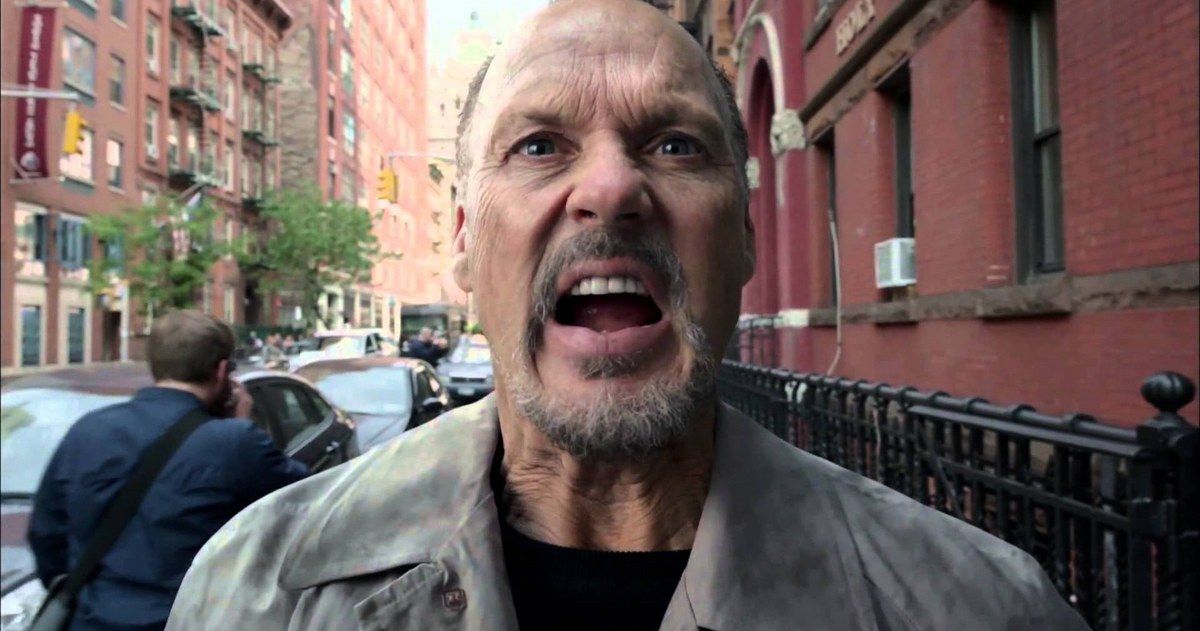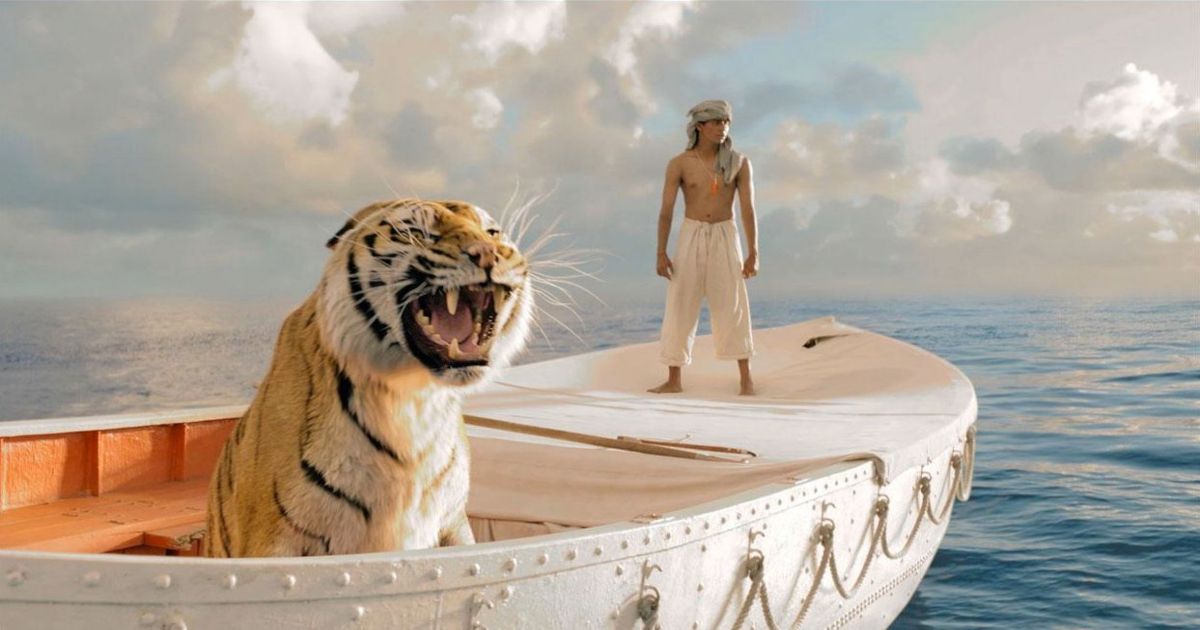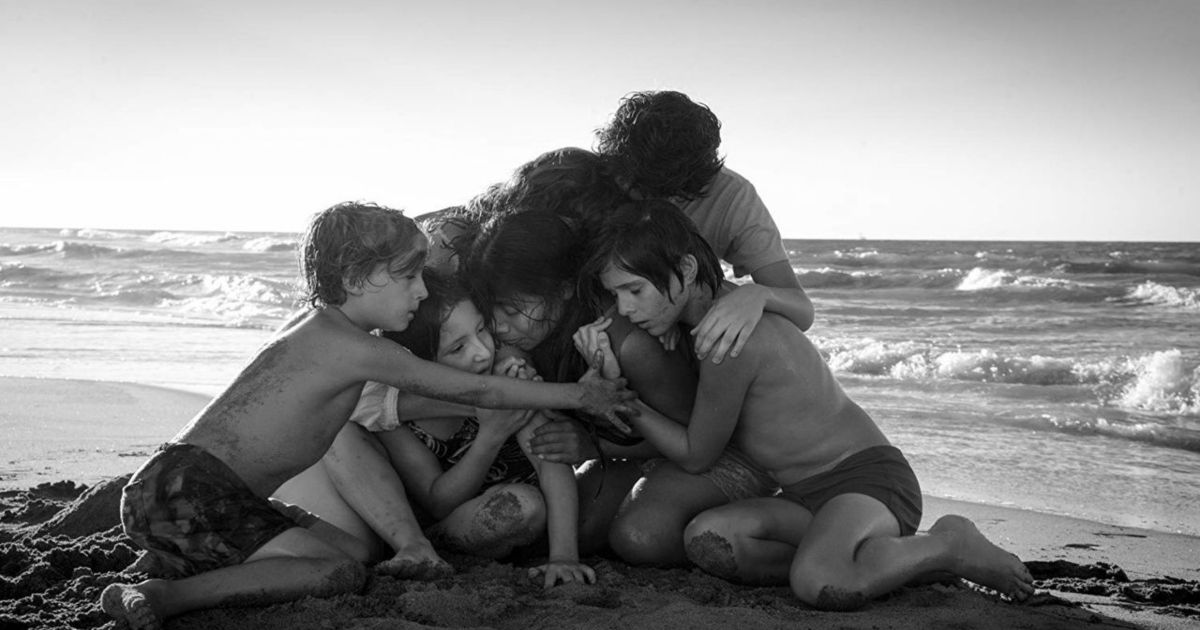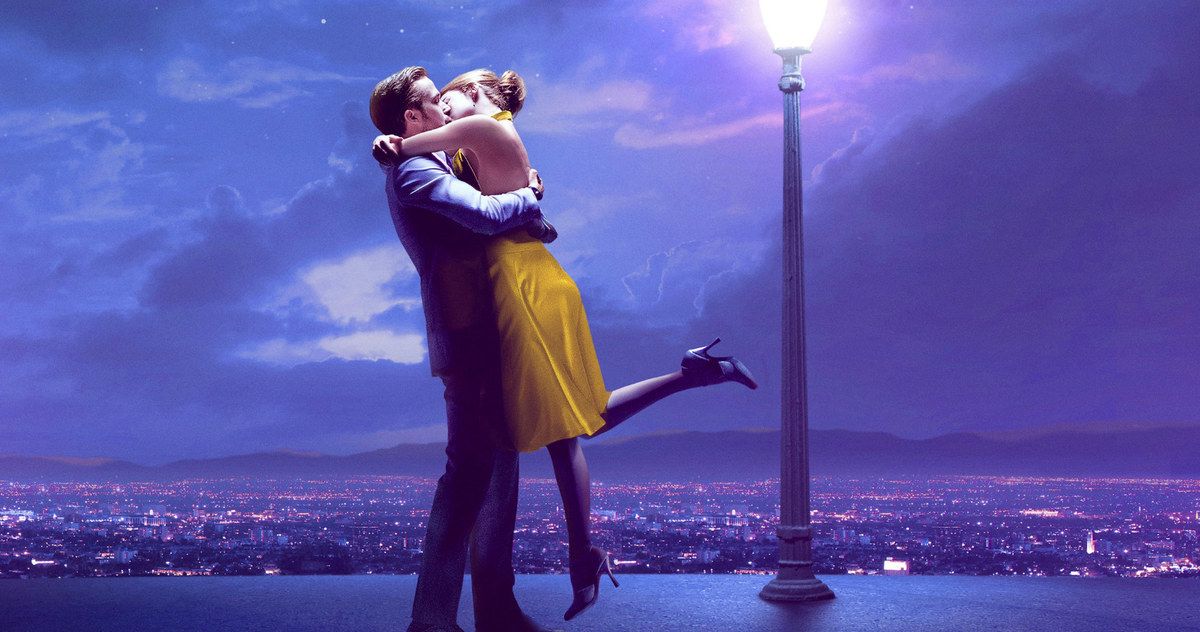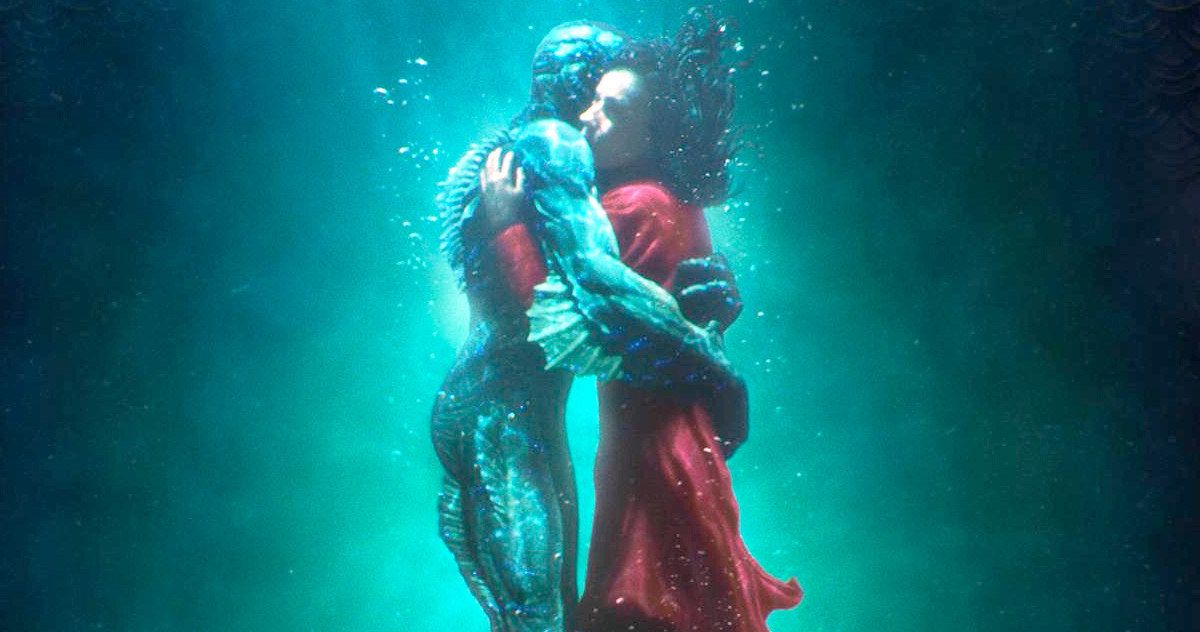The Academy Awards are almost upon, and this year's ceremony features a number of high profile directors (Jane Campion, Steven Spielberg, Kenneth Branagh, Ryusuke Hamaguchi, and Paul Thomas Anderson) competing for the coveted Best Director Oscar. Whoever wins will join Chloé Zhao as a Best Director winner of a new decade. Yet it brings to mind the last decade, one that was shaped by the previous era before and one that could impact the upcoming awards and show its future trajectory.
There were a number of important and landmark films of the 2010s, and across its 10 years a number of directors were recognized, yet unlike previous decades this had the least amount of different winners, as two different directors won Best Director twice, leaving only eight filmmakers to have won the top prize. The films ranged in subject, tone, and style, with the directors all coming from different backgrounds.
One notable thing is that the 2010s seemed to mark a clear turning point for a new, more international Oscars, as many of the 'Best Directors' came from other countries like Mexico, Taiwan, France, and South Korea, and literally only one winner was American; the Best International Film category had spread to the rest of the Academy Awards. As the world became more global and connected, so did the winners and voices that shined at the award show.
Here are the Best Director Oscar winners of the 2010s, from 2010 to 2019, ranked from the bottom to the very best.
10 Tom Hooper - The King's Speech (2010)
The decade started with one of the most frustrating Best Director wins, with Tom Hooper walking away with the prize. The King's Speech focuses on the friendship between future King George IV (Colin Firth) and Australian speech and language therapist Lionel Logue (Geoffrey Rush) as he attempts to help the future king overcome his stutter. The film's narrative is a quintessential 'Oscar-style' story, and while a general crowd-pleaser it features many of Hooper's frustrating directorial trademarks (distorting lenses and framing actors with a lot of headroom in the frame) that take away from the story and would go on to plague his later films.
While it is unfair to hold the director's future projects like Les Miserables, The Danish Girl, and the notorious bomb Cats against The King's Speech, the fact that Hopper beat out David Fincher for The Social Network (along with Darren Aronofsky for Black Swan and the Coens for True Grit) makes this one of the most frustrating Best Director wins.
9 Alejandro González Iñárritu - The Revenant (2015)
Coming off of his Academy Award win for Birdman, Alejandro González Iñárritu was given a blank check and cashed it with The Revenant, the film that finally won Leonardo DiCaprio his Best Actor win. The issue with The Revenant winning is the irresponsible conditions Iñárritu took to make the movie possible. Filming went drastically over budget and lasted dangerously long, as it was originally supposed to wrap in April or May 2015 and did not conclude until August 2015. The film's budget was originally reported for $60 million before rising to $90 million and finally ballooning to $135 million.
The director's insistence on his vision and shooting with natural light caused crew members to complain about difficult filming, with many quitting or being fired, and at times in the film DiCaprio was really not acting but put in actually dangerous situations. This reckless behavior and awarding it with a win sets a dangerous precedent that, at the end of the day, the auteur vision is more important than the people working on it and their safety. To make matters worse, Iñárritu won over George Miller for Mad Max: Fury Road, a similar highly ambitious film that was better reviewed as one of the greatest apocalyptic films of all time, and has left a larger cultural footprint than The Revenant.
8 Michael Hazanavicius - The Artist (2011)
The Artist tells the story of a relationship between a rising young actress and an older silent film star as classical silent cinema falls out of fashion and is replaced sound in cinema, known as "talkies." Michael Hazanavicius won for The Artist, which is not bad by any stretch of the imagination; it is a fine movie and actual a marvel to see a modern film commit to having no dialogue and still land with audiences.
hat is odd is how he beat Terrence Malick's Tree of Life, which has been regarded as one of the greatest films of the 21st century. Martin Scorsese was also beat out for Hugo, which like The Artist is a love letter to classic Hollywood cinema but with a much stronger technical craft that only someone as accomplished and experienced as Scorsese could pull off.
7 Alejandro González Iñárritu - Birdman (2014)
For director Alejandro Iñárritu's first Oscar win of the decade, the 2014 race for the Academy Award for Best Director came down to two highly technical and complicated marvels. In one corner was Iñárritu Birdman, which was was a showcase for many talented actors like Michael Keaton, Emma Stone, Edward Norton, and Naomi Watts, and was shot to look like one continuous take. The other was Richard Linklater's Boyhood, a movie shot over 12 years chronicling the youth and eventually ascension into adulthood of a young boy.
Both films required a great deal of commitment and patience for their film's central hook, but as with some cases in the Oscars, it is the more flashy presentation that wins, and Iñárritu won Best Director. The win and the film's Best Picture win also seemed like an attempt to shut down the recent boom of superheroes movies, but one that would seem dated in the following years as films like Logan, Black Panther, Spider-Man: Into the Spider-Verse, and Joker became Academy Award nominees.
6 Ang Lee - Life of Pi (2012)
Life of Pi was Ang Lee's second Best Director win after 2005's Brokeback Mountain and his third overall after winning Best Foreign Language Film for Crouching Tiger, Hidden Dragon. Based on Yann Martel's 2001 novel of the same name, Life of Pi tells the story of two survivors of an ocean liner shipwreck. One is a 16-year-old Indian boy named Pi Patel (Suraj Sharma) and the other is a ferocious Bengal tiger named Richard Parker that are stranded on a lifeboat in the Pacific Ocean for 227 days.
Life of Pi is a visual marvel and a heartwarming story, one that comes from a visionary filmmaker who saw a complicated book and found a way to realize it. The film's win does have a sour note to it that, despite winning the Best Visual Effects Oscar for the film, Rhythm and Hues filed for bankruptcy, and when visual effects' supervisor Bill Westenhofer brought up R&H during his acceptance speech for Life of Pi, the microphone was cut off. Lee failed to thank the VFX crew for making the movie possible, despite all their hard work. Life of Pi is a reminder that even a great film can have some unhappy real-world messiness to it.
5 Alfonso Cuarón - Roma (2018)
Alfonso Cuarón, alongside Iñárritu, is one of two directors to win the Best Director Oscar twice in the decade. His second win was 2018's Roma is a semi-autobiographical take on the director's upbringing in the Colonia Roma neighborhood in Mexico City, and follows the life of a live-in housekeeper (Yalitza Aparicio) of a middle-class family. Roma is a deeply personal film for the director and with gorgeous black and white cinematography, after the vastness of his projects like Gravity, Children of Men, and Harry Potter and the Prisoner of Azkaban, it was refreshing to see the director go smaller.
4 Alfonso Cuarón - Gravity (2013)
In a tough year that included nominations for Martin Scorsese Wolf of Wall Street and Steve McQueen for 12 Years a Slave, it could have been anyone's win. Though with just the sheer amount of commitment to visual effects and immersive experience, Alfonso Cuarón won his first Oscar for Gravity. Sandra Bullock stars as an astronaut who is stranded in space after the mid-orbit destruction of a Space Shuttle, and the film follows her attempt to return to Earth. The movie is a non-stop rollercoaster experience and was both a major awards contender and a breakout mainstream hit as it grossed $723 million worldwide to become the eighth highest-grossing film of 2013, even beating out franchise films like Man of Steel and Thor: The Dark World.
3 Damien Chazelle - La La Land (2016)
La La Land was a movie that seemed to take the world by storm, a rare awards circuit darling that became a mainstream hit in a genre that has had a hard time at the box-office recently, and much of the film's success is due to director Damien Chazelle. The film is a love letter to Hollywood movie musicals and follows a love story between Mia (Emma Stone) and Sebastian (Ryan Gosling), two struggling artists in Los Angeles who must find a way to make it in the world, and decide if their dreams can include each other.
The movie's dance numbers are fantastic, beginning with a bang on a classic style Technicolor sequence set on a busy LA freeway. The movie balances the high fantasy of a musical but with a modern aesthetic sensibility that keeps the film fresh and a constant conversation with old and new. The film ending is such a grand spectacle while being so deeply intimate and bittersweet it is no wonder Chazelle won, making him the youngest ever Oscar winner for Best Director.
2 Guillermo Del Toro - The Shape of Water (2017)
The Shape of Water's director Guillermo Del Toro is one of the greatest directors working in Hollywood, and one thing that makes him such a powerful director is he makes the movies he wants to. He does not look at monsters, superheroes, or ghosts as lesser pieces of work unworthy of craft; he treats them with the same amount of respect a filmmaker does when making a period piece or a drama.
His Best Director win for The Shape of Water, a love story between a mute cleaner (Sally Hawkins) and an aquatic fish-man (Doug Jones) is so powerful because Del Toro won for truly being himself. He made the kind of movie only he could make, and that strong directorial vision, passion, and commitment to not only the craft but elevating an often looked down genre earned an Oscar.
1 Bong Joon-ho - Parasite (2019)
If the 2010s started off rough with Tom Hopper's win, then the decade ended with a perfect finish, as Bong Joon-ho won Best Director for Parasite. Parasite was a South Korean dark comedy and thriller that follows a poor family who schemes to become employed by a wealthy family, infiltrating their household by posing as unrelated, highly qualified individuals. Even with the film winning the Palme d'Or, it seemed unlikely Parasite would win given it was going up against Sam Mendes for 1917, Quentin Tarantino for Once Upon a Time in Hollywood, and Martin Scorsese for The Irishman.
However, the movie's topical message about class and privilege made it a breakout hit with many and was a much-deserved win for a legendary director who had dabbled in many genres. In the last Academy Awards before the COVID-19 pandemic shut down the world and changed Hollywood, movies, and the Oscars, the win for Bong Joon-ho felt like, for just one last moment, everything was right with the world.

